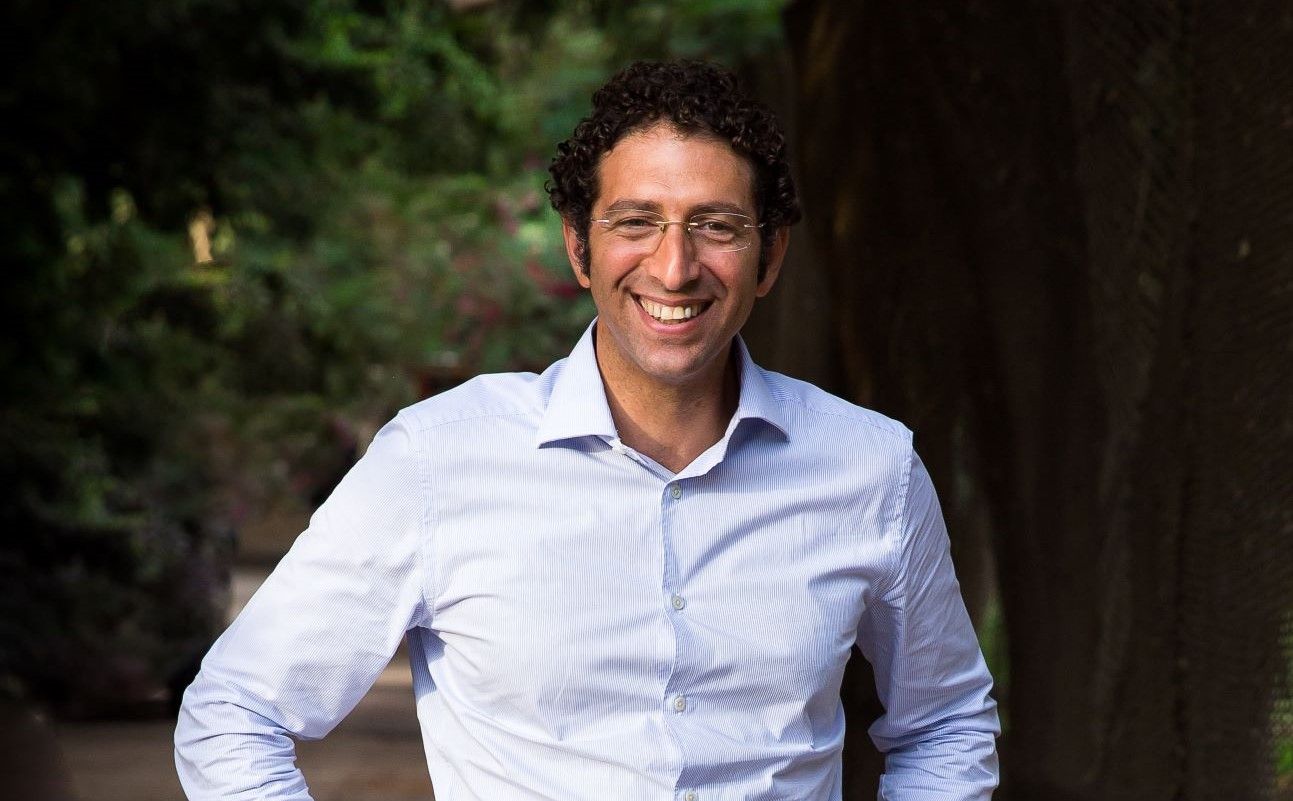In conversation with Mounir Nakhla of Egypt's Halan

Beyond Cairo’s colonial boulevards, the streets in the outskirts of the city tend to be too narrow for cars to pass through. These underserved communities usually rely on tuk tuks and motorcycles to get around and one startup in particular, has drawn a great deal of fanfare in this space. Halan launched in 2017 after Mounir Nakhla decided to utilise his expertise in selling tuk tuks to offer an on-demand ride-hailing platform for them.
Since then, the company has amassed more than three million rides, closed a multi-million round of Series A investment and secured Uber’s founding chief technology officer (CTO), Oscar Salazar, as an investor and board member.
Now, Nakhla is focusing on growth and expansion beyond Egypt.
How have you managed this level of growth in such a short space of time?
Building solid technology that can sustain growth. Getting the drivers took a lot of time, in the beginning I physically got out and talked to the tuk tuk drivers and explained the proposition and benefits to them. They needed convincing and incentives. We started in one area, then moved to three, then five and so on and the growth was exponential. You have to start in one location and learn from it until you have a good formula and then rolling it out becomes easier.
Did it ever feel like we were growing too fast? It does feel like that, but the reaction is not: we can’t handle it. The reaction is: let’s work harder, let’s meet the demand.
What were your challenges in the beginning?
The app was not functioning well in the beginning, we had a lot of people requesting rides but we didn’t have adequate supply in place. We lost a lot of customers that way, but you learn from your mistakes. We would send them promo codes, we would call them up, we really paid a lot of attention to them.
What do you think is your greatest milestone?
There are so many. Launching the application was a great milestone. Having the first ride was a huge milestone. Also, getting 10,000 rides and closing our Series A. It is such a fast moving business and we have an amazing team.
What do you look for in a co-founder?
Someone who is your friend but also someone who is very competent. There are lots of ups and downs in businesses and interpersonal relations should be very smooth. You should respect one another and know how to work with one another. It took me a lot of effort to find a CTO. I met lots of people. Most of them were either not interested or not qualified or did not want to meet me. Then someone introduced me to Ahmed Mohsen and he liked the idea so much, he co-founded with me in April 2017. I met Mohamed Aboulnaga through Ahmed 10 months later and he joined as co-founder and chief commercial officer.
The micro-transportation space is becoming very competitive, how do you cope with that?
Our history, our DNA makes us understand and know these areas and markets better than anyone else. We’ve been working in these underserved communities for more than a decade. You need to understand how they think and operate and what they like to do, it takes a certain knowledge.
You recently expanded to Sudan, how was that experience?
New country, new challenges, new culture, new rules. Sudan ticked all the right boxes, it is a big market with a lot of underserved communities, roads that are not well-paved and a lot of light-travel vehicles. I thought it would be great to pilot to test our implementation skills cross-border. But we weren’t aware how popular iPhones are in Sudan and our IOS app was not in place yet. We also do a lot of Facebook ads in Egypt, but the government in Sudan doesn’t allow Facebook ads, so we had to use other methods of online advertising. It has been a big success for us and we are very proud of what happened in Sudan.
What do you expect for the industry in the next decade?
The transportation industry and the logistics industry will change dramatically in the next decade. It will be more automated, less middle-men, more on-demand, more tracking and more efficient. I think in five to 10 years, ride-hailing will only be part of the business, it won’t be the full business.

